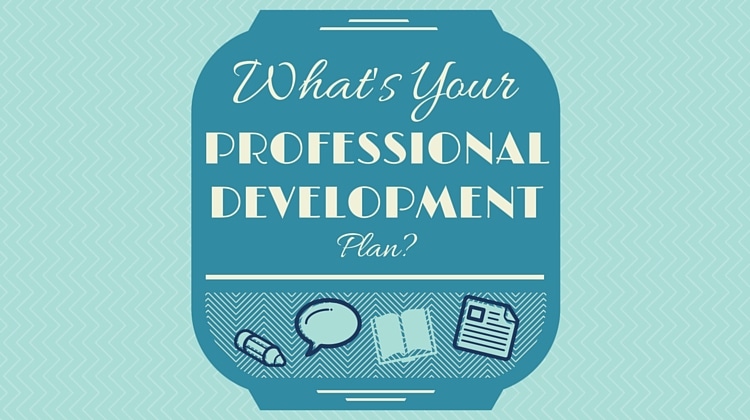
Employees today have increased bargaining power as the job market is becoming more competitive to retain top-skilled workers. One of the best enticements is to offer a robust professional development plan. Offering a professional development plan that is personalized to the needs of the individual employee allows the company to enhance its current talent pool, and it allows the employee to add valuable assets to her professional resume.
If you are looking to create your own professional development plan, it will need to be goal-driven with appropriate resources and learning opportunities. A well-structured, robust, and customizable professional development plan includes the following components:
Goal setting
Goals should be created based on identified gaps found in the employee’s current knowledge and experience. From these goals, you can identify which professional areas need to be strengthened and what learning methodology can help you get the job done.
Learning
Learning can take many forms. Here is a listing of several experiences that can provide opportunities to improve skill sets and increase knowledge levels.
1. Online Learning
Purchasing either annual memberships or individual classes through online learning sites such as Lynda.com, Coursera.com or Skillshare.com is a cost-effective way to help employees develop new skills. Employees also can benefit from presentation talks on Ted.com. The important ingredient is to establish clear objectives and desired outcomes prior to embarking on such individualized learning.
2. Industry Conferences
There is nothing like live learning, and conferences are a perfect way for employees to get the latest and greatest insights about a specific industry while connecting with peers from other companies at the same time. Attendees can present key take-away information when they return.
3. Coaching
Offer employees an opportunity to develop skills sets with a coach who can offer guidance and assist the performance levels as the employee is practicing the new skill. This is helpful in time management, decision making, conflict resolution and communication.
4. Organizational Workshops
Customized to fit the needs of the whole company culture or a segment within, bringing experts into the organization to provide hands-on practice with new technology, processes, and industry trends provides a leg-up to improving skills, talent, and abilities within the workforce.
Networking
Who are people you should be adding to your network or can help with professional development? These are people who can provide key relationships.
Sharing
Sharing what you have mastered in the form of an oral presentation or written content is the best way to crystallize your knowledge and confirm your mastery of the material. Sharing insights bolsters your recognition as an expert in this skill set or knowledge base and helps develop your personal brand.
Since learning is a constructive process, after mastering this phase of your professional development, you are ready to move on and create your next phase of professional development. The next phase will include a new set of goals, learning strategies, networking and sharing. Lifelong learning is a continuous journey. Professional development should provide purpose, enjoyment and fulfillment.
